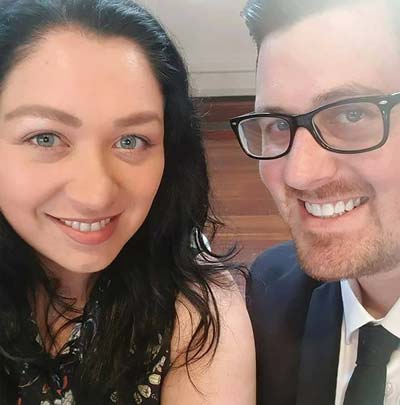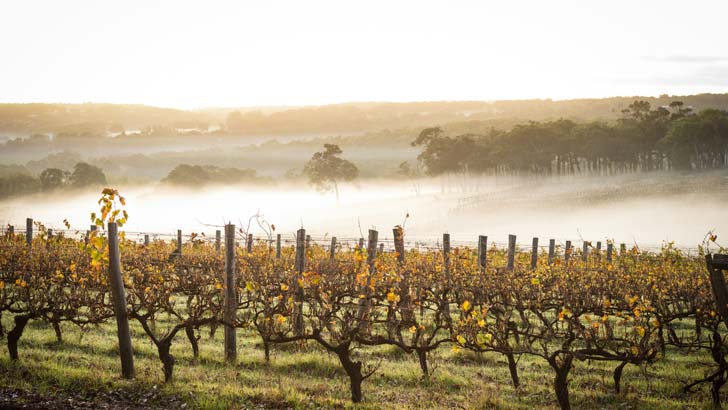Ask Paul: Should we buy an investment property in WA wine country?
By Paul Clitheroe
Q. I am 34 and earn $116,000 before tax. My wife, Melissa, earns about $125,000.
We live in regional WA in housing supplied by our employer for below-market rent.
We have two investment properties in Perth: one house valued at $610,000 with a $544,000 interest-only mortgage with offset and one apartment valued at $350,000 with a $463,000 interest-only mortgage with offset.
We have $2000 savings, own both our cars (worth $25,000) and have $35,000 in personal debt.
We can afford to invest money weekly into managed funds (for example, Vanguard) or we can purchase a property in a desirable WA south-west town known for its wine region, with all purchase costs (stamp duty, conveyancing fees) covered by our employer, for $400,000 maximum.
We have two kids and want to ensure they are set up for the future so we're seeking advice about what to do next.
Is there something we haven't thought of? - Nathan

A. A place in a wine-growing area sounds good in theory, Nathan, but despite all purchase costs up to $400,000 being covered, I am far from convinced this is your best strategy.
Let's start with the big picture. You have excellent family income of $215,000 pre-tax.
This means you will have some $20,000 a year going into super from your employer.
The Perth property market has had a few tough years, but I was shocked when I saw the value of your apartment had gone down so much.
Like any property market, its prospects will sit firmly with population growth, which in turn will link to job growth.
With Australia's population predicted to reach 35 million in just 35 years, that's an increase of 10 million people.
One thing is for sure: they will all need a roof over their heads.
You already own two properties in Perth and carry a fair chunk of debt on these. Based on the population growth argument, it is reasonable to assume growth in value over time.
This is quite a lot of exposure to one property market, but I suspect the house may well be your future home. This is something I strongly support.
Owning a home now or for the future just makes a lot of sense to me.
With interest rates falling like a stone, the affordability of your mortgages, in particular after rent and possible tax relief, is high.
I am not surprised you can afford to invest weekly.
With employer-supplied, below-market rent, the generally lower living costs in a regional area, your high incomes and two rented properties, I would like to think you can save a large amount.
However, the $35,000 in personal debt concerns me. It may well be that you have recently moved or your salaries have only recently increased, but this must be tackled first.
My advice is to clear this before you do anything else. With your high incomes, I would like to think you can clear that in under a year.
Once this is done, we can turn to the future. I want you to do your research when it comes to wine-country property.

The rent may be good, but there is little long-term evidence of regional areas showing growth in values anywhere near that of large inner-city areas. It is important that you follow your own path, but you also need to make evidence-based decisions with your money.
I would argue that a close-to-the-city apartment in a high-growth city - Sydney and Melbourne stand out - is likely to give you higher returns over time.
Diversification is also important and I don't count more property in WA as genuine diversification.
I personally lean towards your suggestion of regular contributions to a low-cost managed fund.
Another great option, in particular for Melissa, is topping up super. Obviously, this money would be locked away for decades, but with only 15% tax paid on salary sacrifice top-ups into super, this is a terrific tax minimisation and wealth-creation strategy.
In your situation, my order of priority would be:
- Plan a strong savings program.
- Pay off personal debt.
- Consider topping up super, in particular in Melissa's fund.
- A regular savings plan into a low-cost managed fund.
- Possible property investment in a strong population growth area.
You are young and with your good incomes I have no doubt you will achieve financial independence. The key issue is setting up a strong savings discipline. With powerful savings, pretty much anything is possible.
Get stories like this in our newsletters.



